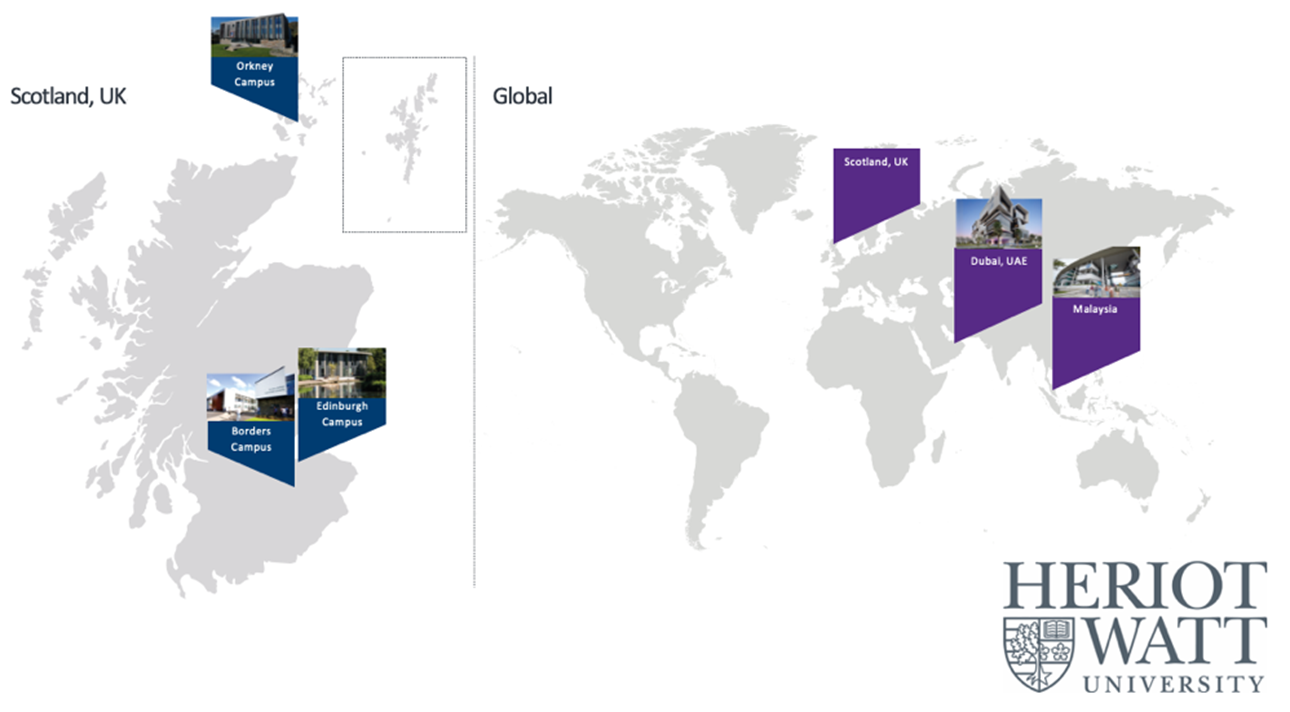Empowering a Global Community Through Co-Production of a Connected University Research Culture
DOI:
https://doi.org/10.31273/eirj.v11i3.1587Keywords:
global university, research culture, inclusive culture, consultation, co-design, co-productionAbstract
Heriot-Watt University (HWU) is a global university with five academic Schools connected across five campuses. To foster a vibrant and inclusive research culture across the global research community, HWU has invested time and resource to strategically improve research culture, building on current strengths, while addressing cultural challenges faced by the research community. We have engaged all members of the community through a lengthy consultation and co-design process to co-produce a global action plan. The global community has a forward looking, unconstrained and ambitious future vision of what an ideal research culture at HWU should look like, and there are gaps between that vision and the diagnostic of perceptions of the ‘as-is’ culture. The action plan will drive forward an active strategy for supporting the research community. This paper gives an overview of the action plan development process using Lippitt and Knoster’s Model of Complex Change as a framework, sharing the key themes that emerged from consultations, plans for moving ahead, reflections on the successes and challenges, with a focus on how to foster research culture and connect a global university.
Downloads

Downloads
Published
Issue
Section
License
Copyright (c) 2024 Jemina Napier, Fiona Armstrong, Catalina Bastidas

This work is licensed under a Creative Commons Attribution 4.0 International License.
Authors who publish with this journal agree to the following terms:
Authors retain copyright and grant the journal right of first publication with the work simultaneously licensed under a Creative Commons Attribution License (CC-BY), which permits use and redistribution of the work provided that the original author and source are credited, a link to the license is included, and an indication of changes which were made. Third-party users may not apply legal terms or technological measures to the published article which legally restrict others from doing anything the license permits.
If accepted for publication authors’ work will be made open access and distributed under a Creative Commons Attribution (CC-BY) license unless previously agreed with Exchanges’ Editor-in-Chief prior to submission.
Authors are able to enter into separate, additional contractual arrangements for the non-exclusive distribution of the journal's published version of the work (e.g., post it to an institutional repository or publish it in a book), with an acknowledgement of its initial publication in this journal.
Authors are permitted and encouraged to post their work online (e.g., in institutional repositories or on their website) prior to and during the submission process, as it can lead to productive exchanges, as well as earlier and greater citation of published work. (see: The Effect of Open Access)
